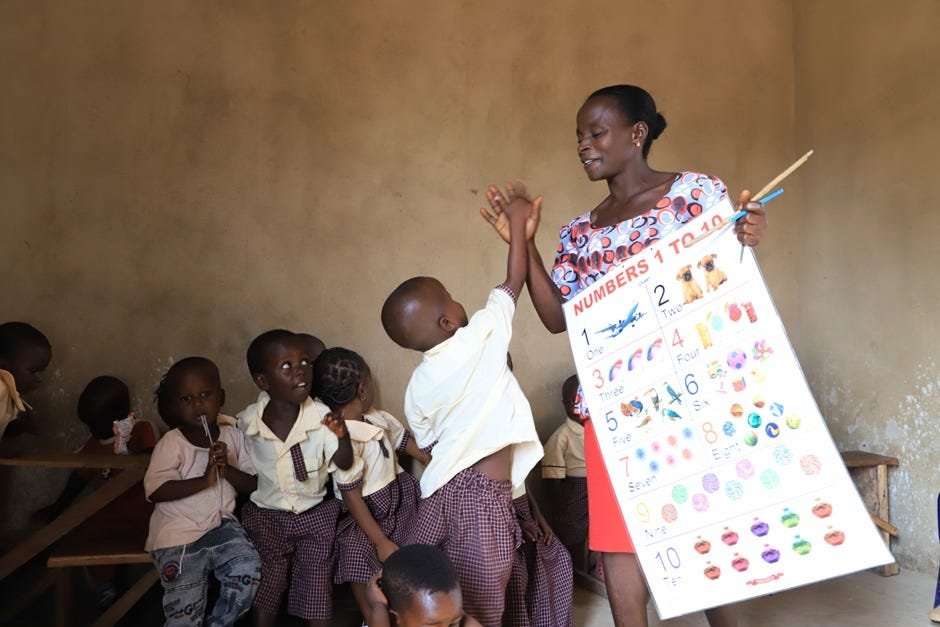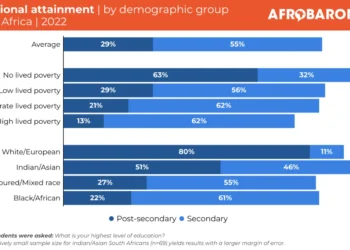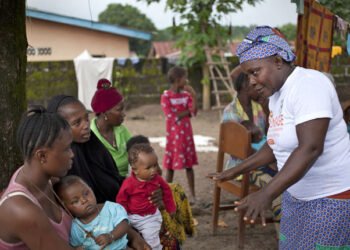
This article extensively explores the issue of the increasing number of out-of-school children in Nigeria, especially in the Northern region. The situation is extremely concerning and poses a grave threat to the future of the nation. The article identifies several factors that contribute to this problem, including economic barriers, conflicts, socio-cultural norms, and lack of inclusive practices. These challenges have resulted in a high rate of illiteracy and lack of interest in education among children. The article also suggests practical measures that can be taken urgently to address the issue and prevent its escalation.
According to UNICEF, Nigeria has the highest number of out-of-school children in the world, with approximately 10.5 million children aged 5-14 not receiving formal education. In the northern part of the country, only 29% and 35% of Muslim children respectively receive Quranic education, which does not include literacy and numeracy. Unfortunately, this issue is widespread in both rural and urban areas due to various reasons, including early and child marriage, economic challenges, conflict, and lack of inclusive practices.
Subscribe To Unlimited Premium Digest.
This is premium content. Subscribe or Login to read the entire article.
Subscribe
Gain access to all our Premium contents.More than 1,000+ Articles, News, & Scholarships.





































































 EduTimes Africa, a product of Education Times Africa, is a magazine publication that aims to lend its support to close the yawning gap in Africa's educational development.
EduTimes Africa, a product of Education Times Africa, is a magazine publication that aims to lend its support to close the yawning gap in Africa's educational development.

